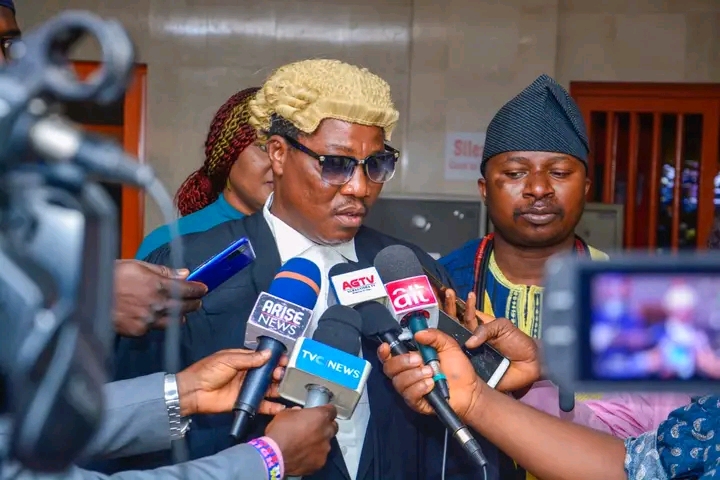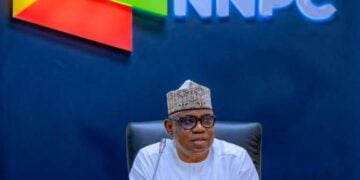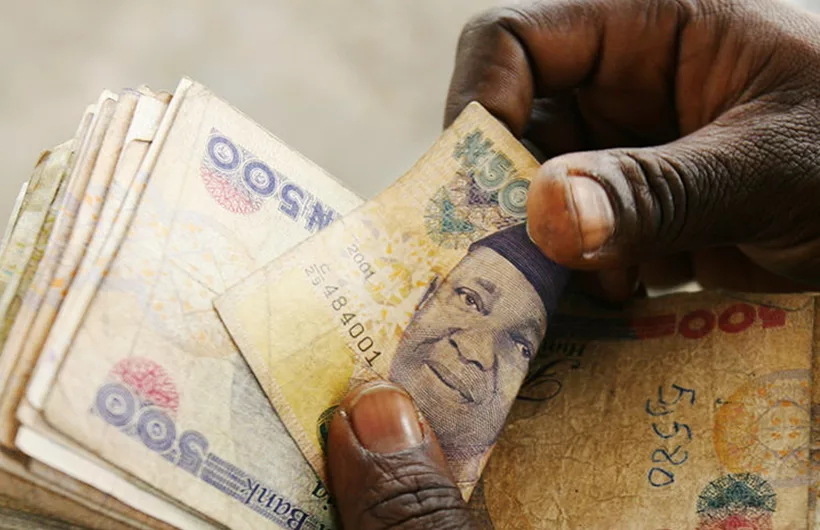Indigenes of the Federal Capital Territory (FCT) have taken the federal government and National Assembly to court over recognition of state status.
The FCT High Court has fixed April 24, 2023 for hearing of the suit filed by the Registered Trustees of Abuja Original Inhabitants Youth Empowerment Organisation (AOIYEO) on behalf of natives of the FCT.
Justice Sylvanus Orji decided to adjourn the hearing of the matter till April 24 on account of the absence of legal representations for the president and attorney general of the federation.
The counsel to the National Assembly who was present, pleaded with the court to give them 48 hours to do their filings and also allow counsel to the 1st and 3rd respondents in the suit properly be served.
The suit which was filed by the Registered Trustees of the Abuja Original Inhabitants Youth Empowerment Organisation (AOIYEO) is seeking that the FCT be granted the full status of a state like the existing 36 states with their state governor and more seats in the National Assembly.
The suit marked FCT/HC/CV/85/2023 which was filed by counsel to the applicant, James Egah Nadeye, has the president, National Assembly and attorney general of the federation as 1st to 3rd respondents respectively.
The suit is also seeking a court order enforcing the fundamental right to freedom from discrimination and dignity of FCT natives.
According to the suit, the natives are aggrieved that they are not accorded the privileges and rights to participate in elections to vote and to stand for elections into legislative and executive bodies akin to the state House of Assembly and governor of a state like their counterparts in the 36 states of the federation.
They also noted that indigenes of the FCT are the only people who are governed by a minister as a governor acting for the president of Nigeria.
They said being denied the status of a state amounts to a denial of the FCT indigenes’ right to dignity of their persons and freedom from discrimination as enshrined in Sections 34 and 42 of the 1999 Constitution of the Federal Republic of Nigeria (as amended) and the African Charter on Humans and Peoples’ Rights.











